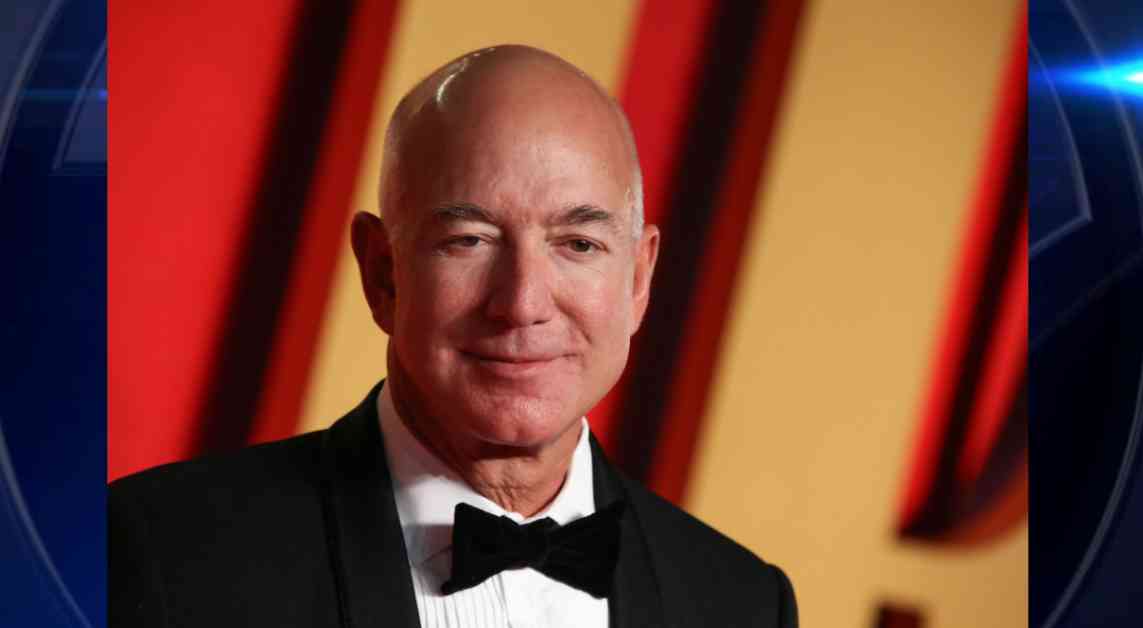The recent announcement by The Washington Post that it would not be endorsing a presidential candidate has caused turmoil among the newspaper’s staff, with many questioning the motives behind the decision. Despite reports that it was billionaire owner Jeff Bezos who ultimately stopped the planned endorsement, he has remained silent on the matter.
Former Post executive editor Marty Baron, who worked under Bezos during the first Trump administration, called the decision an act of “cowardice.” He highlighted the timing of the announcement, just 11 days before the election, as highly suspect and suggested that Bezos’s business interests may have influenced the choice.
Post publisher Will Lewis defended the non-endorsement, stating that he does not believe in presidential endorsements and that readers should be able to make up their minds. However, several current Post journalists expressed concerns about the decision, particularly regarding the timing and its potential impact on the newspaper’s credibility.
The decision not to endorse a candidate has also led to backlash from readers, with some canceling their subscriptions in response. Robert Kagan, a Post columnist who resigned in protest, suggested that Bezos may be trying to curry favor with Trump due to potential business interests.
The timing of the announcement coinciding with a meeting between Trump and executives from Bezos’s company, Blue Origin, has raised further questions about the motives behind the decision. Trump supporters have seized on the non-endorsement as a sign of weakness in the Harris campaign.
Legendary journalists Bob Woodward and Carl Bernstein criticized the decision, stating that it ignores the evidence of the threat that Trump poses to democracy. A group of 17 Post opinion columnists also published a statement calling the decision a “terrible mistake” that goes against the newspaper’s editorial convictions.
Overall, the decision not to endorse a candidate has sparked controversy and raised concerns about the newspaper’s independence and credibility. The fallout from this choice may have lasting effects on the Post’s reputation and its relationship with its readers.


